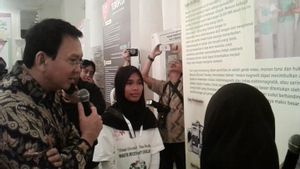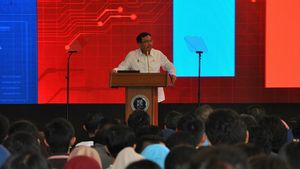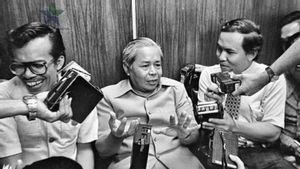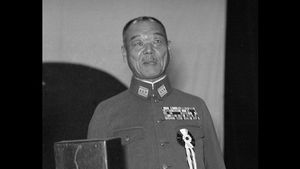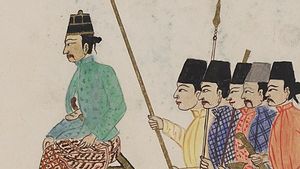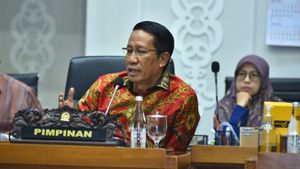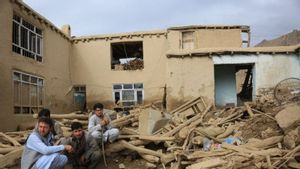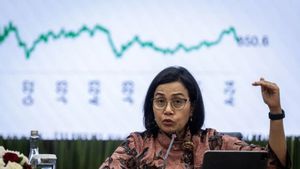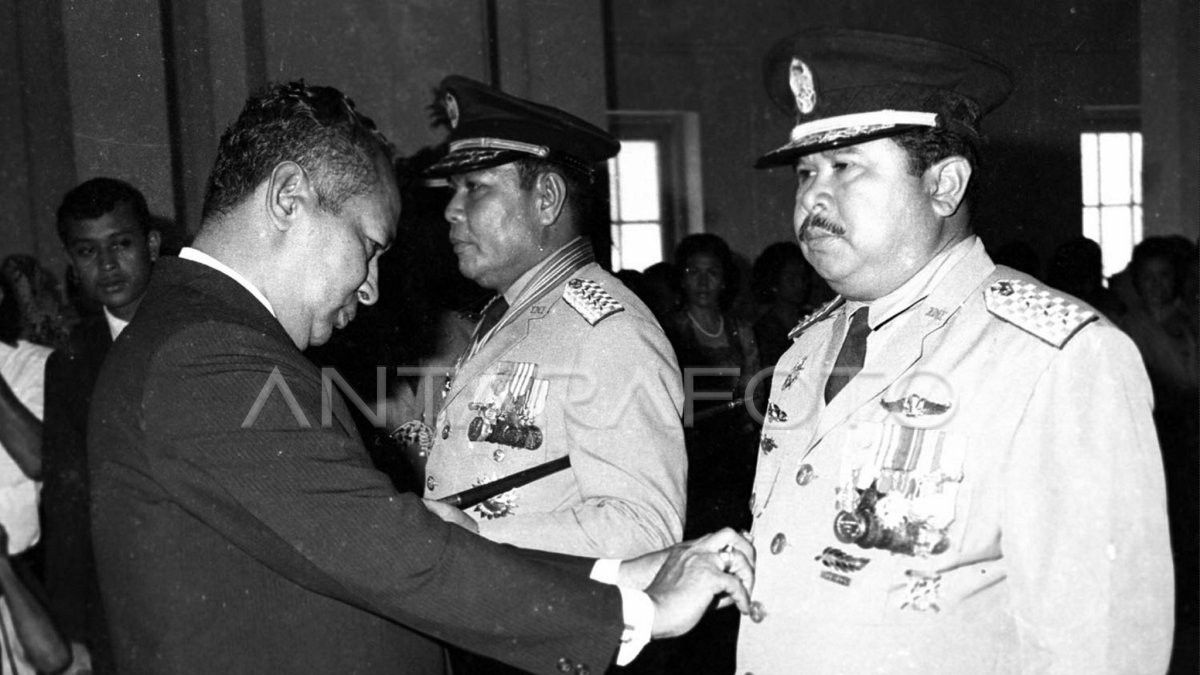
JAKARTA History today, 33 years ago, September 11, 1990, the former Deputy Commander of ABRI and Commander of the Security and Order Command (Pangkopkamtib), Soemitro Sastrodihardjo criticized the New Order (Orba) for deploying ABRI to practical politics a lot.
He revealed this in an interview. Previously, ABRI was an important formulation of lasting the New Order's power. ABRI is like the ruler's security guard. The New Order also put the military in a civilian position. The power was later known as ABRI's Dwifunction (military power and state governance).
Anti-critic and authoritarian matters, Suharto and the New Order are good at it. The military compliance is behind it. All because the military is Suharto's domain. Pro-Orba military officials "formed" like the rulers' security guard. Whoever perpetuates the fight against the New Order will be dealt with.
The study was considered successful in reducing various kinds of conflicts. From land struggle conflicts to demonstrations. Compliance is not actually free. The New Order then seems to have a moral responsibility to raise the status of ABRI officials as state administrators.
As a form of gratitude, Suharto allowed ABRI officials to fill various strategic positions in the government that incidentally were not military. Since then ABRi's Dwifunction has been rolling and lasting for a long time.
Pro Suharto military officials get power of attorney in the legislature and judiciary. Suharto and New Order's legitimacy in carrying out ABRI's Dwifunction also made many ABRI retired members fill the list as Indonesian ambassadors abroad.
The New Order was also happy, ABRI pro Suharto officials were also like that. However, not with the people. ABRI's Dwifunction is considered to have many disadvantages, rather than benefits. The presence of the military is considered a 'leader' to the proliferation of corruption and arbitrariness within ABRI. The desire for the New Order to reduce the military in the realm of practical politics has also surfaced.
In this regard, ABRI's services in defending the proclamation republic and the crackdown of the September 30th Movement (G30S) are only attached to its respective generations, and cannot be 'derived' by the new generation of ABRIs afterward. On the other hand, ABRI's tendency to become a security guard for power during the New Order of course also invalidates the army's claims as a guard of Pancasila, the integrity of the nation, unity, national stability, and so on.
"Therefore, the legitimacy crisis should be a momentum for ABRI to reflect, where is the real direction of the army's politics in the future. Just being a power security guard like it has been in effect and practiced so far, or really want to give color to the formation of a new Indonesia that is more civilized, humane, fair, and democratic," explained Syamsuddin Haris in his writing in Tempo Magazine entitled When History Sues ABRI (1998).
Narrative criticism of ABRI's ineffectiveness as a jarring state regulator. In fact, criticism does not only arise from activists and students. Criticism also emerged from ABRI's own body. General (Ret.) Soemitro, for example.
The former Deputy Commander of ABRI and Pangkopkamtib actually dared to criticize the New Order regarding ABRI's existence in the realm of government. He did not see ABRI's Dwifunction running effectively. For him, ABRI's involvement in practical politics is in collapse.
He also advised the government to gradually reduce ABRI's involvement in practical politics. All of this was for the sake of creating national stability and conditions to return to normal. He revealed this suggestion in an interview with the former Minister of Education and Culture in the 1983-1985 era, Nugroho Notosusanto on September 11, 1990.
관련 항목:
Among the retired, as critics is General (Ret.) Soemitro. He appealed to ABRI leaders about the importance of ABRI-people integration. This integration should be followed by a normalization program with a gradual reduction in ABRI's involvement in practical political life.
He wants the government to uphold political discipline within ABRI itself. Soemitro sees that ABRI's involvement in practical politics is an abnormal (emergency) condition and assigns ABRI as a single player," Soemitro explained in his interview quoted by Nugroho Notosusanto in the book National History of Indonesia Volume VI (2008).
The English, Chinese, Japanese, Arabic, and French versions are automatically generated by the AI. So there may still be inaccuracies in translating, please always see Indonesian as our main language. (system supported by DigitalSiber.id)


